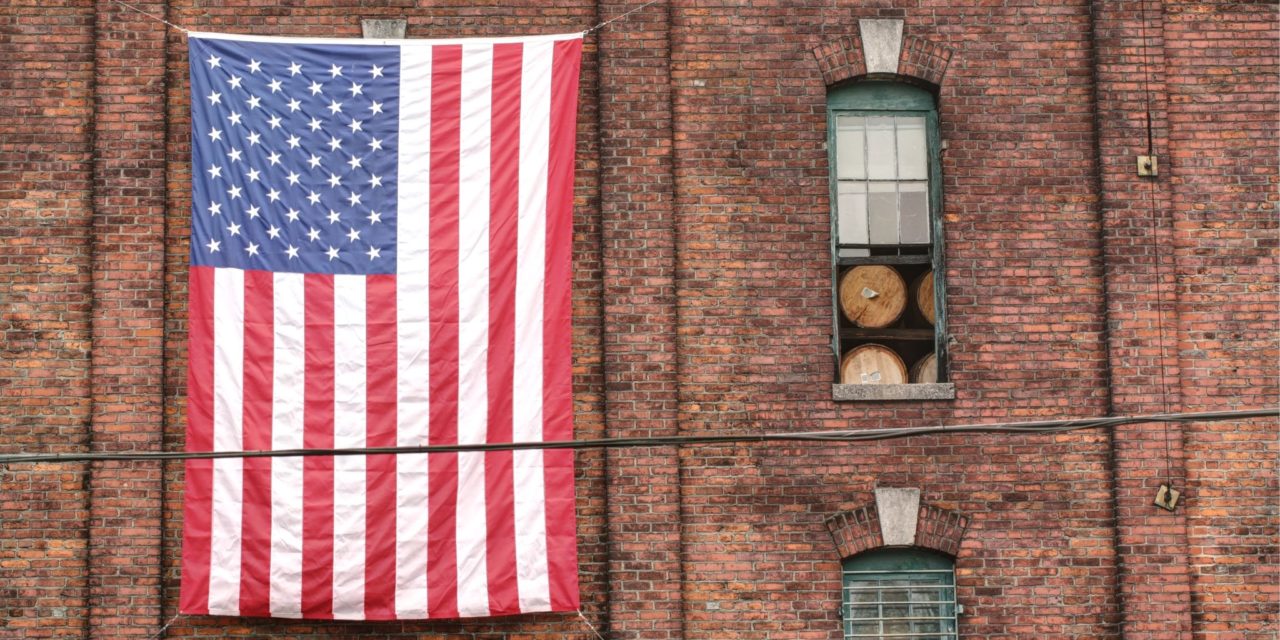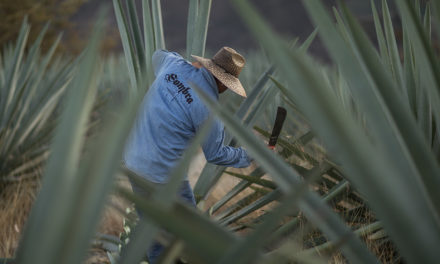Craft distillers tasted the spoils of victory on January 1 this year, when the Craft Beverage Modernization and Tax Reform Act went into effect. With a single swipe of the pen (well, preceded by months of intensive and effective lobbying), the federal excise tax on the first 100,000 proof gallons dropped from $13.50 to $2.70, yielding a welcome windfall to many distillers. Some dropped prices on their product, some added staff, and some put their newfound savings into expansion or modernization.
Yet the act came with a sizable asterisk. The fine print: The tax reduction is slated to expire at the end of 2019, when the tax reverts to the old rate unless the act is extended or updated.
“In two years, no one knows what’s going to happen. Nobody knows if [Congress is] going to come back and say, ‘This was a really bad idea,’” says Aaron Linden, a distillery insurance specialist based in Wyoming. “In fact, they could say, ‘Not only are we going to get rid of it, but we’ll go up to $20 per proof gallon.’”
This means distillers can’t rest on their laurels. Those who’d just as soon keep their tax savings will need to again raise a din with their congressional representatives—not just telling, but showing, all the good that’s come out of the 2017 tax bill, which was aimed at bringing parity among producers of spirits, beer, and wine.
“If the political climate remains as it has been—all about creating jobs—and distillers can gather information and say, ‘We’ve employed X number of people and invested X dollars in the years,’ those numbers will go a long way in helping to re-up this bill,” Linden says.
Frank Coleman, senior vice president at the Distilled Spirits Council of the United States, says this bill is rooted with some strong fundamentals. For starters, it was truly bipartisan. “It had a lot of co-sponsors in both the Senate and the House, and on both sides of the aisle,” he said. (In total, it had 304 co-sponsors in the House, and 56 in the Senate.)
It also has the advantage of being backed by craft distillers in virtually every congressional district, making it a hometown issue for everyone. Craft distilling offers a rare bit of solid growth in the often-wobbly manufacturing sector, with the added bonus that many distillers are adding jobs in rural areas and helping support small-scale agriculture in the bargain. “It’s a huge difference from 15 years ago, when it was just the large distillers” pushing for excise tax parity, Coleman says.
Emphasizing the message of jobs and growth will be key to ensuring that the favorable tax rate will be extended into the future. “Call your member of Congress, have him or her visit your distillery, invite the media to the visit,” says Coleman. “That’s the kind of thing that will get this extended.”











